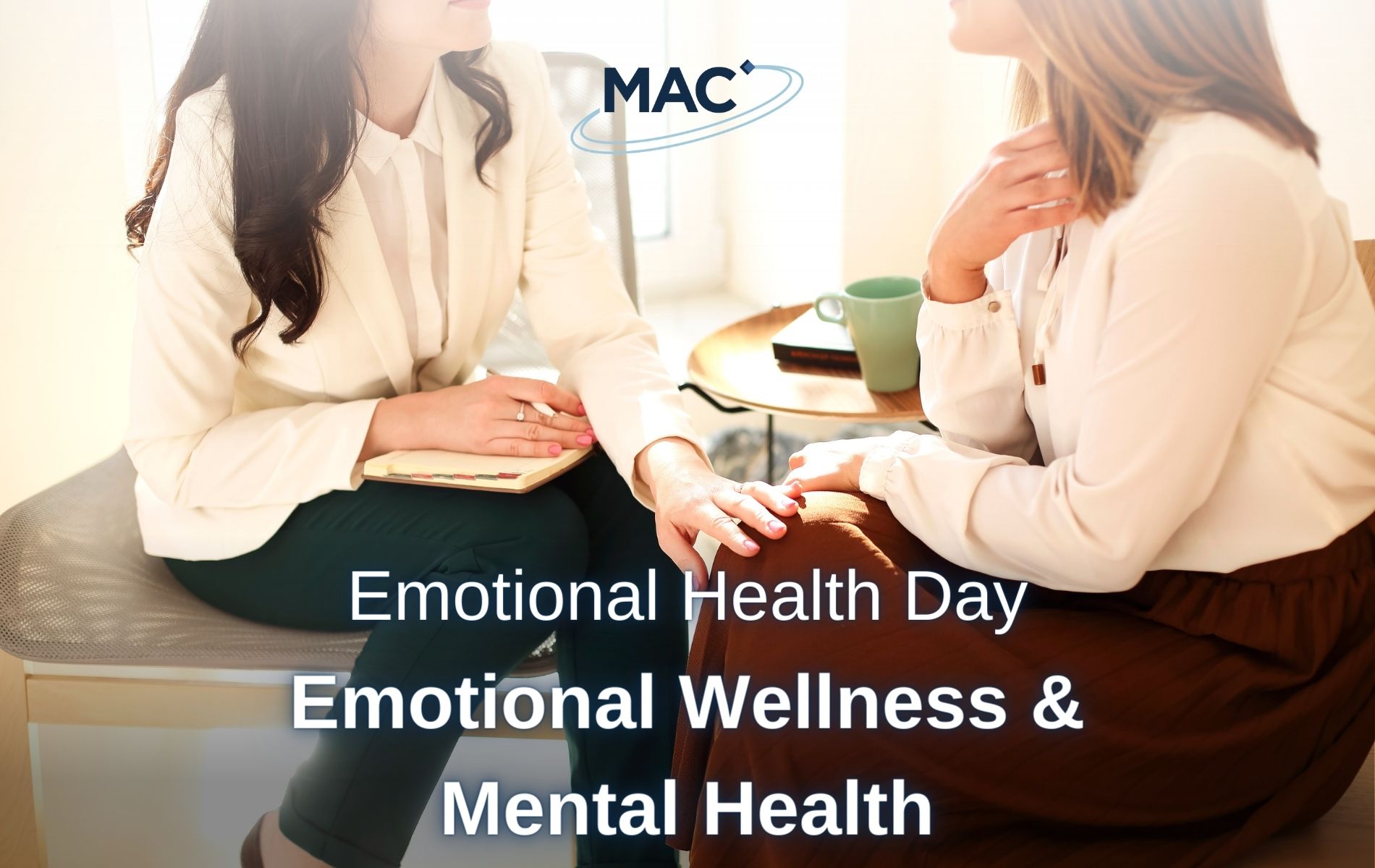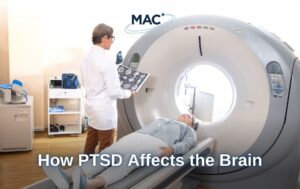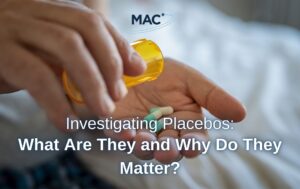Today is Emotional Health Day, a day dedicated to raising awareness and promoting emotional health. Emotional health refers to the state of well-being concerning emotions, feelings, and mental state. It involves understanding and managing emotions, coping with stress, and building healthy relationships.
In this blog post, we will delve into coping strategies aimed at helping people effectively manage their symptoms and reclaim a sense of control over their lives, whilst living with depression and obsessive compulsive disorder (OCD). Around 1 in 6 adults in the UK stated they have experienced moderate to severe depressive symptoms1 and an estimated three-quarters of a million people are living with and affected by OCD in the UK2.
Understanding OCD and depression
OCD manifests through intrusive thoughts and compulsive behaviours3, while depression brings feelings of sadness, guilt and hopelessness34. Both conditions can intertwine, exacerbating symptoms and impacting emotional well-being.
Emotional wellness strategies
Routine and structure – Establishing a daily routine can provide predictability and minimise the decision-making process5. Use helpful tools such as calendars, planners, and alarms to aid you in remembering important information, and use colour-coding, labels, and sticky notes to create a visually supportive environment.
Healthy lifestyle – A healthy, nutritious diet rich in nutrients, vitamins, and omega-3 fatty acids supports brain health6. Sleep quality is essential for emotional health7. Regular exercise is known to increase serotonin levels, boost dopamine and norepinephrine which can result in feeling more focused, emotionally stable, happier, and calmer8. Try creating pre-sleep rituals such as reading a book, maintaining a calming environment that is quiet, dark, and cool, practising mindfulness, and reducing screentime before bed.
Medication and support – Work closely with your GP to effectively manage any medications you are taking, and to gain personalised guidance and strategies, such as talking therapy. Social support is also important in providing understanding and assistance9. Consider joining support groups where you can discuss shared experiences. Dr David Gregory, a Clinical Research Psychiatrist at MAC Clinical research advises “It’s crucial to involve healthcare professionals in the management of depression and OCD to explore appropriate options”.
Clinical trials for mental health
Here at MAC, we want to improve the quality of life for those living with depression and OCD by contributing to the development of more effective, better-tolerated treatment options for the conditions through groundbreaking clinical trials investigating potential new treatments.
If you are currently living with OCD or OCD symptoms that impacts your daily life and feel that your current antidepressant medication is not fully helping, you could be eligible to take part in the latest OCD clinical trial investigating a potential treatment that is thought to target a different signalling pathway in the brain to current OCD treatments. . For more information on how you can get involved, visit our OCD Research page.
If you have been diagnosed with depression, taking a stable dose of an antidepressant, and experiencing issues with memory, paying attention, or making decisions, you could be eligible for our clinical trial researching a potential new treatment for cognitive impairment in depression, which works by regulating stress hormone levels. For more information on how you can get involved, visit our MDD with cognitive impairment research page.
If you are living with depression but aren’t currently experiencing cognitive impairment, you can also register for MAC’s other depression clinical trials.
All our clinical trials are free to take part in, and you’ll receive a full health check-up from one of our trained medical professionals as part of the trial. If eligible to take part, you’ll receive travel expenses to and from our clinics. Depending on the research, you will also receive financial reimbursement for your time and commitment to the trial, if eligible.
1Office for National Statistics – Cost of living and depression in adults, Great Britain: 29 September to 23 October 2022
2NHS Inform – Obsessive compulsive disorder (OCD)
3Mayo Clinic – Obsessive-compulsive disorder (OCD)
4Mayo Clinic – Depression (major depressive disorder)
5Northwestern Medicine – Health Benefits of Having a Routine
6Age UK – Foods for brain health
7Mind – Sleep and mental health
8Cleveland Clinic – Serotonin: What is it, functions & levels
9Verywell Mind – How social support contributes to psychological health








